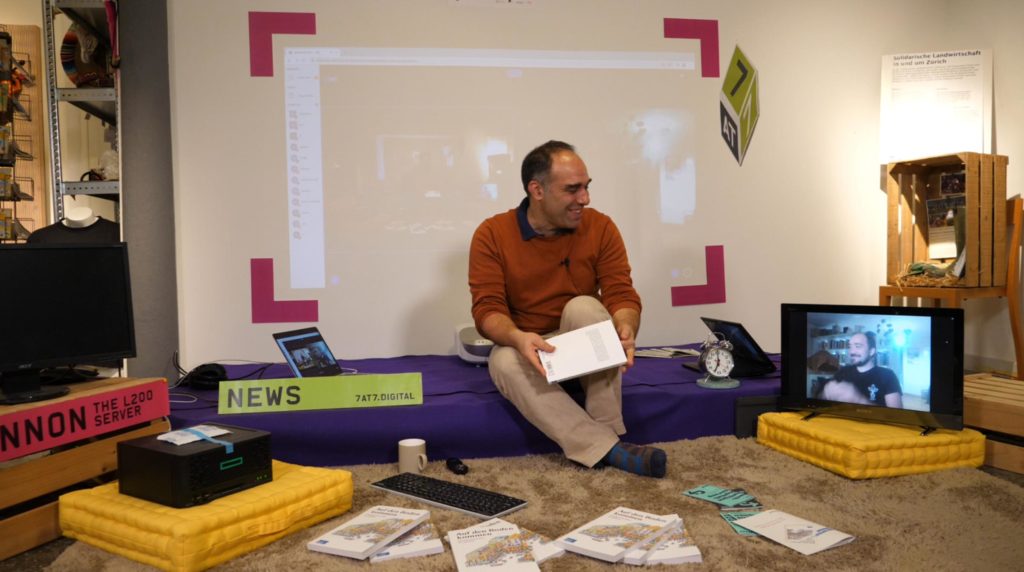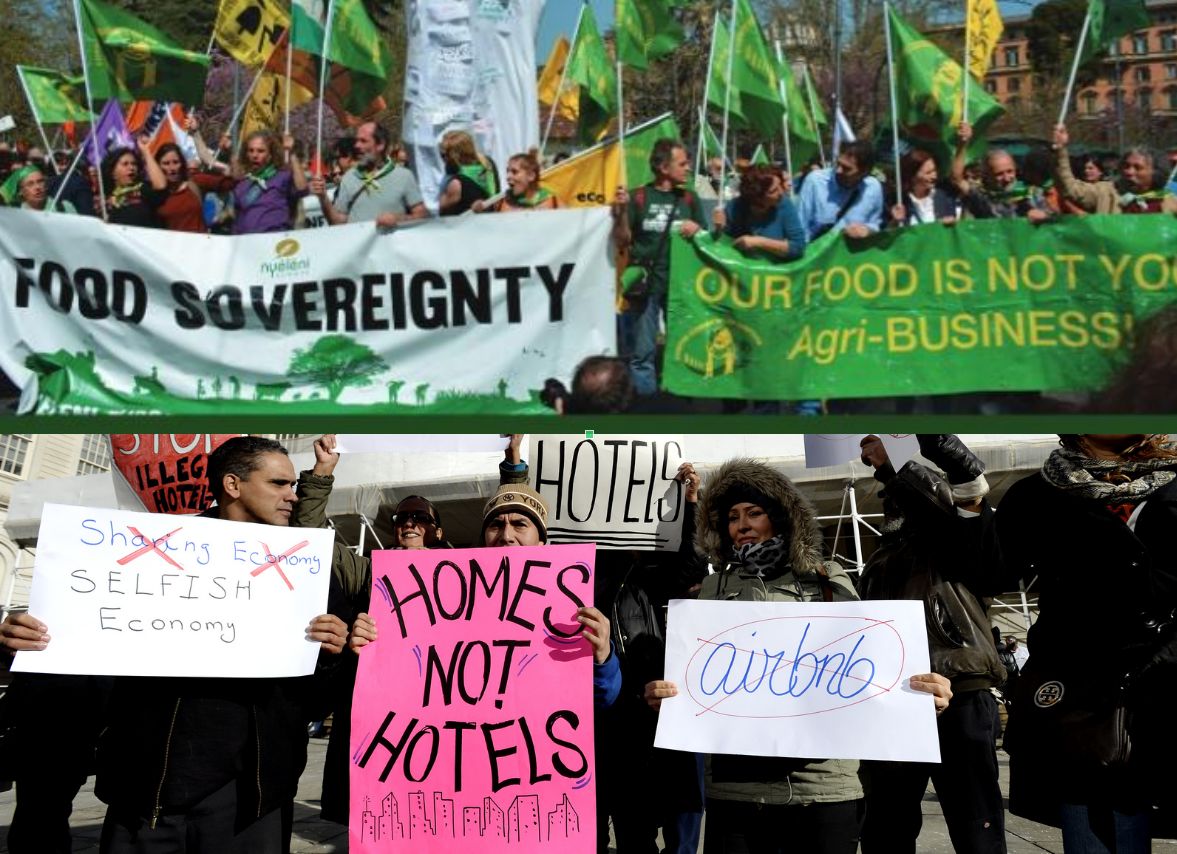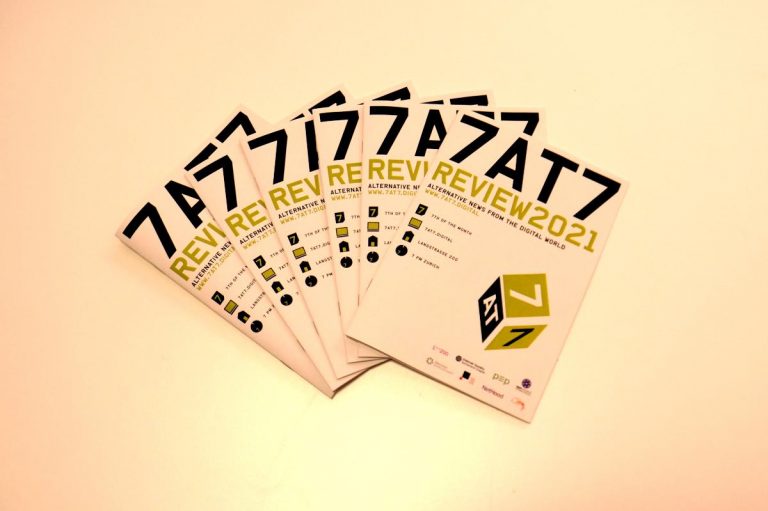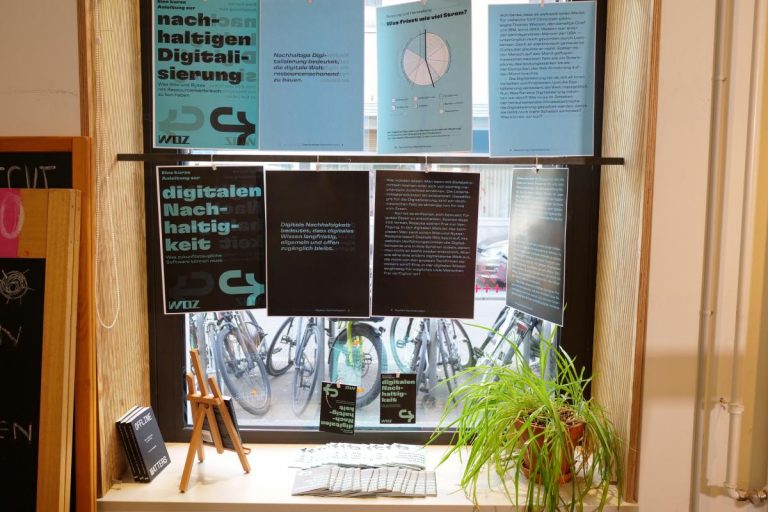Imagining a more organic Internet
Building on the analogy between information and food, between agriculture and digital platforms, the question arises: what means for the Internet to be more organic? That is, more healthy, more grounded, and more sovereign?
Clearly, global digital platforms like Facebook, and Google represent the extreme of highly industrialized solutions that manage information at scale optimized for profit and ignoring the local context. The “algorithmically modified data” of Facebook are treating all users in a uniform way, creating addictions and dependencies, an unhealthy Internet diet.
On the other hand, self-hosted digital platforms built on free, libre, and open source software provide can be “planted” on local servers and customized according to local needs at the city or even neighbourhood level, promoting physical contact and offering control over the overall design and data management.
These locally planted servers, like the trees supporting each other through a complex network of roots, create a huge federated ecosystem of independent but interconnected nodes, contributing to net diversity (like bio diversity), which is critical for sustainability and resilience.
The threat of governments interpreting of Internet sovereignty as a means to enclose the Internet through censorship, or even blocking, should not be addressed only from above, claiming the need to Internet access for all, but also for below. Empowering local communities to develop their own local digital platforms for their local needs, down to earth instead of up in the cloud.
The ISOC-CH’s 7at7 series has presented many initiatives that contribute in this direction, like the deployment of Lennon, the L200 server, who shows the way of a more organic Internet singing “Imagine all the servers living for today”.

Some of these initiatives and technical solutions will be summarized soon in our Internet technology series of posts.
Stay tuned!
Further reading:
P. Antoniadis, I. Apostol, V. Aubrée, A. Burns, M. Dulong de Rosnay, M. Michalis, J. Neumann, R. Roca, F. Tréguer. (2019). Telecommunications Reclaimed: A hands-on guide to networking communities. ISOC.
Available at: https://netcommons.eu/telecommunications-reclaimed
P. Antoniadis. (2018). The Organic Internet: Building Communications Networks from the Grassroots. In Co-Designing Economies in Transition, New York, Palgrave Macmillan, 2018. Available at: https://link.springer.com/chapter/10.1007/978-3-319-66592-4_13




